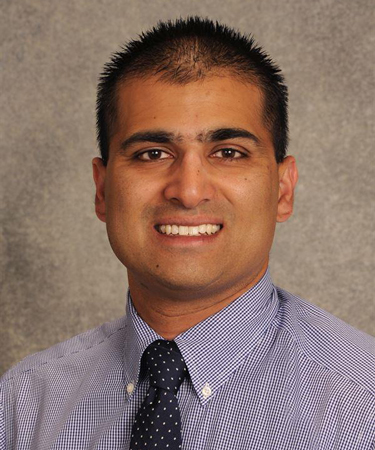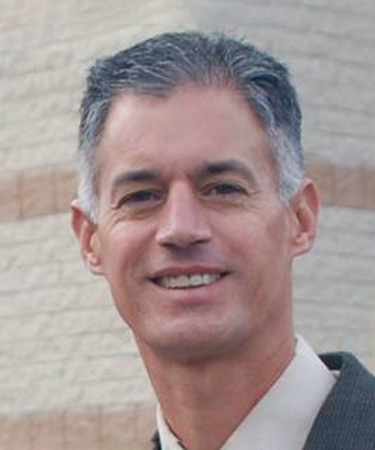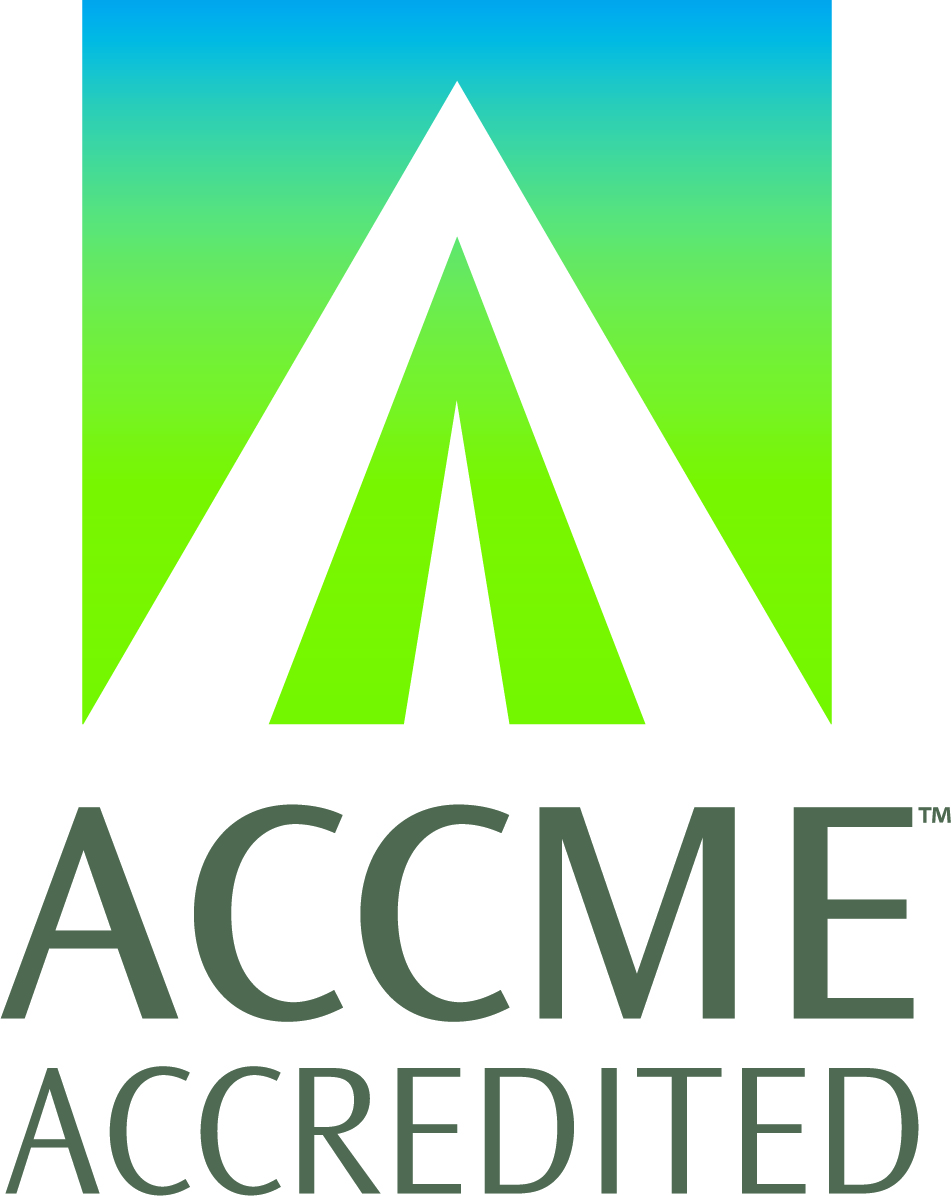Monday March 27, 2023 –
Thursday March 30, 2023
7:30am-12:50pm EST
Event Details
When
Where
Lido Beach Resort
Sarasota, Florida
Event Code
SEMLA-3720230327
Course Topics
Day 1
Let’s Use Our Heads: Head Trauma
Upon completion of this session, the participant should be able to: GL, COMP
- Apply a decision rule generated from a multi-center study to manage head-injured children.
- Manage children who have sustained concussions and apply guidelines from the International Conference on Concussions and other recent publications.
- Utilize imaging studies appropriately in the evaluation of head-injured children.
Visual Diagnosis
Upon completion of this session, the participant should be able to: EBM, COMP
- Demonstrate the ability to identify diagnoses in children by simple visual inspection.
- Discriminate among common pediatric diagnoses by asking appropriate historical questions.
- Employ Evidence-Based Medicine and Guideline based management of diseases such as Lyme, Bell’s Palsy, DKA, and other commonly seen disorders.
Summer Scourges
This is the identification, treatment and prevention of common summertime maladies including sunburns, poison ivy and mosquito bites. Upon completion of this session, the participant should be able to: COMP
- Identify specific signs and symptoms of insect bites and stings.
- Dispel common myths regarding the management of poison ivy and insect bites.
- Explain the management of summertime afflictions such as poison ivy and sunburn.
The Eyes Have It: The Red-Hot Eye
Upon completion of this session, the participant should be able to: COMP
- Demonstrate the six-point eye examination and summarize what clinical conditions may be identified by each step in the examination.
- Treat eye pathology resulting from infection or trauma and relate examples of when to refer a child to an ophthalmologist.
- Summarize the differences between sinusitis with inflammatory edema, peri-orbital cellulitis, and orbital cellulitis.
Simple and Complex Febrile Seizures
Upon completion of this session, the participant should be able to: GL, COMP
- Educate parents regarding the prognosis of a child with simple febrile seizures.
- Distinguish between a simple and complex febrile seizure.
- Apply AAP guidelines in formulating an appropriate evaluation of the child following a simple febrile seizure.
Day 2
Clinical Clues to Detecting Child Physical Abuse
Upon completion of this session, the participant should be able to: COMP, GL
- Identify findings that are characteristic of physical abuse.
- Distinguish physical findings often confused with physical abuse.
- Formulate further evaluation based on the most recent AAP guidelines.
Teaching Pearls You Should Know
Upon completion of this session, using data and results from clinical trials and referenced EBM, the participant should be able to: EBM, COMP
- Use test characteristics such as positive predictive value to interpret diagnostic test results.
- Order diagnostic tests appropriately by considering risks and benefits.
- Apply key teaching points to enhance the management of specific diagnostic conditions.
Managing Animal Bites
Upon completion of this session, the participant should be able to: COMP, GL
- Identify those bites that are at particular risk of infection.
- Summarize the arguments for and against the use of prophylactic antibiotics in specific bite wounds.
- Match specific infecting organisms with the biting animal.
- Provide animal bite prevention strategies for your patient families.
- Apply ACIP and AAP guidelines when providing Rabies and Tetanus immunizations to patients who have sustained an animal bite.
Management of Acute Asthma
Upon completion of this session, the participant should be able to: EBM, GL, COMP
- Apply evidence from the Cochrane Database to make decisions about utilizing either nebulizers or metered-dose inhalers with spacers to deliver beta2-agonists to appropriate candidates.
- Summarize the evidence supporting the use of ipratropium bromide and corticosteroids for moderately ill asthmatic children.
- Develop an organized approach to the initial management of children with severe asthma.
Improving Medical Decision Making: Patient Safety and Strategies to Avoid Diagnostic Errors
Upon completion of this session, the participant should be able to: EBM, COMP
- Acknowledge that relying on pattern recognition and memory and making snap judgments may lead to diagnostic errors.
- Explain the cognitive errors that physicians make most frequently.
- Develop an approach to medical decision-making that will help prevent committing diagnostic errors.
Day 3
The Febrile Young Infant (Birth – 2 months)
Upon completion of this session, the participant should be able to: GL, COMP
- Evaluate and treat the febrile infant who is less than eight weeks of age.
- Summarize those serious bacterial infections for which the febrile infant is at risk.
- Appraise recent data suggesting that a subset of low-risk febrile infants may be managed as outpatients, without CSF analysis, as per Guidelines of managing the well-appearing infant.
Ingested and Aspirated Foreign Bodies
Upon completion of this session, using evidence-based medicine from the CDC and other sites, the participant should be able to: COMP, EBM
- Distinguish the differences in clinical presentation between ingested and aspirated foreign bodies in children.
- Select appropriate imaging strategies for detection of ingested and aspirated foreign bodies and subsequent indication for specialty consultation.
- Relate the most common complications associated with ingested and aspirated foreign bodies.
Infants Behaving Badly
Upon completion of this session, the participant should be able to: EBM, GL, COMP
- Develop a complete differential diagnosis for critically ill infants.
- Summarize the key management strategies in actual cases of infants presenting to a pediatric emergency department as per the referenced EBM and Guidelines.
- Administer appropriate diagnostic studies in the evaluation and management of infants with interesting and uncommon diagnoses.
Approach to the Febrile Young Child
Upon completion of this session, the participant should be able to: EBM, GL, COMP
- Develop appropriate management strategies for febrile young children (2-24 months).
- Determine which febrile young children are at low risk for serious infections, using evidence-based guidelines.
- Assess the role of recent evidence and vaccination programs when evaluating occult infections in febrile young children.
Upper Extremity Fractures in Children
Upon completion of this session, using clinical practice guidelines, to include the Salter-Harris Fracture Classifications, the participant should be able to: COMP, GL
- Develop an age-appropriate evaluation of upper extremity fractures in children.
- Detect common upper extremity fractures using common diagnostic and radiographic techniques.
- Evaluate indications for emergent and outpatient orthopedic consultation in children with upper extremity injuries.
Day 4
Antimicrobial Stewardship Approaches for Common Outpatient Infections
Upon completion of this session, the participant should be able to: GL, COMP
- Outline the principles of antimicrobial stewardship as they relate to outpatient emergency department infections.
- Recognize the most effective approaches to promoting antimicrobial stewardship in the outpatient setting
- Develop antibiotic treatment strategies for outpatient emergency department infections consistent with antimicrobial stewardship principles and guidelines.
Skin and Soft Tissue Infections in the Era of Community-Associated Methicillin-Resistant
Staphylococcus aureus (CA-MRSA): An Evidence-Based Approach
Upon completion of this session, the participant should be able to: EBM, GL, COMP
- Detect common skin and soft tissue infections potentially caused by CA-MRSA in children.
- Construct a diagnostic approach to common CA-MRSA infections using the most recent pediatric evidence and national guidelines.
- Use recent evidence to develop appropriate management strategies for CA-MRSA infections.
- Construct an informed approach to antibiotic therapy for skin and soft tissue infections.
Pain Management in the Office and ED
Upon completion of this session, the participant should be able to: EBM, GL, COMP
- Employ the American Society of Anesthesiologists, American Academy of Pediatrics, and American College of Emergency Physicians fasting guidelines for procedural sedation.
- Manage the pain associated with specific illnesses or injuries commonly seen in an office setting.
- Manage the pain and sedation needs of children with specific illnesses or injuries commonly seen in an ED.
Evaluation and Management of Dehydration in Children
Upon completion of this session, the participant should be able to: EBM, COMP
- Determine the degree of dehydration in children using common clinical findings.
- Relate appropriate indications for laboratory evaluation and intravenous fluid therapy for dehydrated children.
- Describe the various methods of rehydration for children.
- Utilize current evidence to understand the role of anti-emetics and oral rehydration therapy in the treatment of children with dehydration.
No Time to Waste – Surgical Emergencies in Children
Upon completion of this session, the participant should be able to: EBM, COMP
- Based on a child’s presenting signs and symptoms suggestive of a surgical emergency, make rapid management decisions based upon referenced Evidence-Based Medicine and validated clinical prediction rules.
- Administer appropriate diagnostic studies in the evaluation of children with surgical emergencies.
- Avoid activities that will result in a delayed diagnosis for children with surgical emergencies.
Hotel Reservations
Hotel Reservation Link
To arrange your stay, please use the above “Hotel Reservation Link.” The special room rate will be available on a first come first serve basis until the group block is sold-out.
-
-
- Register by February 26, 2023 to take advantage of preferred rates.
- Save $9 on reduced resort fee. Reduced from $29 to $20 per room, per day.
- Free self-parking for AMS guests.
- Automatic raffle entry with registration.
-
Rent a Car with Enterprise or National:
Enterprise/National
To book your CME conference car rental and to receive special rates exclusively for AMS attendees, you may call or book online with our contracted companies.
About the Venue
Lido Beach Resort
Sarasota, Florida
Nestled on a private white sand beach on Florida’s Gulf Coast, Lido Beach Resort offers a serene escape with picturesque views, two heated pools, and resort amenities perfect for romantic getaways, family vacations, and peaceful retreats.
Things to Do
Sarasota, Florida
Sarasota offers a truly impressive blend of shopping, cuisine, and attractions. So sail into a breathtaking sunset, golf on lush green fairways, explore St. Armands Circle, or just relax and sink your toes into some of the finest sand in the world.
White sand beaches
21 Zagat-rated restaurants
MLB spring training
Museums, theaters, and festivals
Dozens of golf courses
Immerse Yourself In Sarasota
Let us help with your area attractions and things to do. As one of the top family vacation destinations in America, Sarasota is renowned for its cultural and environmental amenities. Not only are we home to the #2 beach in the United States as voted by TripAdvisor in 2022, but Sarasota is a mecca for patrons of the arts and has the highest concentration of Zagat® rated restaurants in Florida. It’s no wonder Sarasota was ranked one of the Top 100 Best Places to Visit in Florida in 2022 by US News and World Report.
Sarasota offers a truly impressive blend of leisure, shopping, remarkable cuisine and popular attractions. As Florida’s cultural capital, you can’t go wrong with our museums, plays, symphony, or Sarasota’s very own opera house.
So sail into a breathtaking sunset, golf on lush green fairways, explore unspoiled fishing waters or just relax and sink your toes into the finest beach sands in the world.
If you’re not grabbing your sunblock already, keep reading about all that Sarasota has to offer.
Sarasota Beaches
With numerous beaches to choose from, the most notable being Siesta Key Beach with its quartz crystal, powdered sugar white sand. For those who prefer to go shelling, try out Lido Key or take a short drive to Venice Beach to hunt for fossilized shark’s teeth.

Area Attractions
From aquariums to a spring training baseball game and botanical gardens to airboat tours of gators in their natural habitat, there is something for everyone! Make sure you check out the events calendar for annual traditions including our very own Chalk Festival and the Siesta Key Master Sand Sculpture Contest.

Dining
Whether you prefer fine dining, beachfront or lighter fare, Sarasota has the highest concentration of Zagat® rated restaurants in Florida. Our award-winning dining overlooks world-class beaches, and stunning skylines, and fills downtown Sarasota. Many offer outdoor dining that can be enjoyed year-round!

Arts & Culture
The historical John and Mable Ringling Museum of Arts is the state art museum of Florida. These palatial grounds are home to a world-renowned collection of Rubens, the Circus Museum, Ca’d’Zan, Ringling’s Mansion, and Bayfront Gardens. You will also find the historic Asolo Theater on the premises. But that’s not all, Sarasota’s performing arts rival those of much larger cities.

Sports & Outdoor Activities
Voted as 2014’s Best Sport Friendly Vacations Destination by Sports Events Magazine, Sarasota and the surrounding area has over 25 golf courses, a world-class aquatics, and rowing facility, and one of the largest polo clubs in the country! Whether paddle boarding in the Sarasota Bay or running the Legacy Trail, you’re sure to find something that gets your heart racing!

Shopping
Whatever your shopping preferences are, Sarasota has something to suit your needs. Spend the afternoon in historical St. Armand’s Circle, visit the Ellenton Outlet Mall just 20 minutes North or enjoy our newest addition- the high-end shops of University Town Center (more than 100 stores).

Presented By

John Loiselle, MD, FAAP
Associate Professor of Pediatrics, Sidney Kimmel Medical College, Thomas Jefferson University; Director, Division of Emergency Medicine, Alfred I. duPont Hospital for Children; Wilmington, DE

Rakesh Mistry, MD, MS
Section Chief, Pediatric Emergency Medicine, Yale-New Haven Children's Hospital; Professor of Pediatrics, Yale School of Medicine; New Haven, CT

Richard Scarfone, MD, FAAP
Associate Professor of Pediatrics, Perelman School of Medicine at the University of Pennsylvania; Lead, Education Pillar, Center for Diagnostic Excellence, Children's Hospital of Philadelphia; Philadelphia, PA
Accreditation
American Medical Seminars, Inc. designates this live activity for a maximum of 20 AMA PRA Category 1 Credits™. Physicians should claim only the credit commensurate with the extent of their participation in the activity.
Accreditation Statement
Webinar Details
Live Webinar Access Information
Webinars are held via zoom and the Wednesday prior to the conference start date, an email will be sent with the zoom link.
Open For Registration
Cancellation & Refund Policy
We understand that plans may change. Please review our cancellation and transfer options below:
30+ Days Before Conference Start Date
- Refund: Full refund minus a $50 processing fee.
- Transfer: Registrations can be transferred once, at no cost, to another conference within two years. Alternatively, registration may be placed “on hold” for up to 12 months, allowing participants to choose a suitable conference for transfer within that period.
Less Than 30 Days Before Conference Start Date
- Refund: No refunds available.
- Transfer: Registration may be transferred to another conference within 2 years at no cost. Alternatively, registration may be placed “on hold” for up to 12 months, allowing participants to choose a suitable conference for transfer within that period.
Additional Notes
- No-shows are non-refundable and non-transferable.
- If we cancel a conference, you may choose a full refund or transfer to another event.
On-Demand Courses
- All sales are final. No refunds or transfers.
Invitation Letters
If American Medical Seminars issued you an Invitation Letter to attend a CME conference in the United States and you need to cancel your registration, we will only refund 50% your registration fee. This is to cover the cost of your Invitation Letter and processing costs. By registering, you agree to the non refundable portion of the registration.
Disclaimer
In the event that AMS is required to cancel a live conference, registrants will receive a full refund within 7 business days. AMS is not responsible for charges associated with cancelled flights or hotel rooms.
How to Request a Cancellation or Transfer
Requests must be submitted in writing to mail@ams4cme.com or by calling 1-800-267-4263.
Note: By registering, you agree to this policy.



